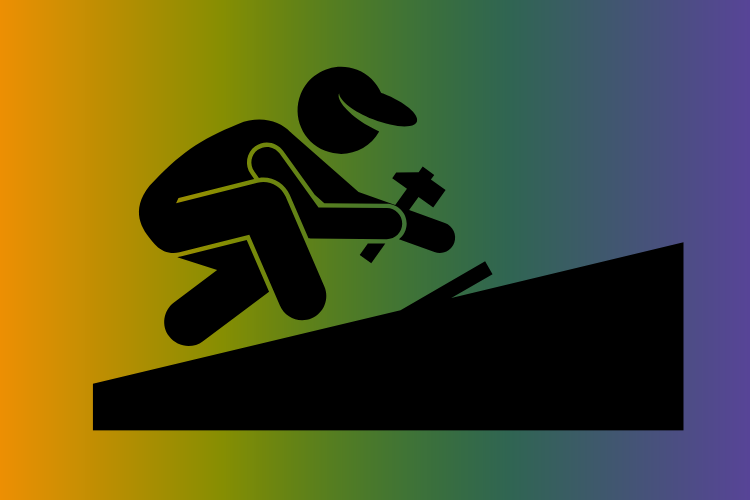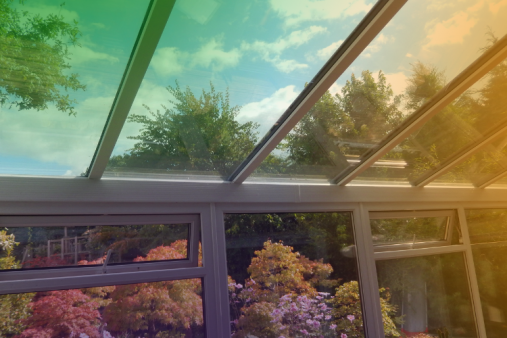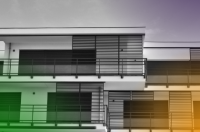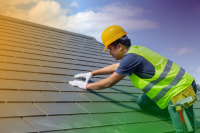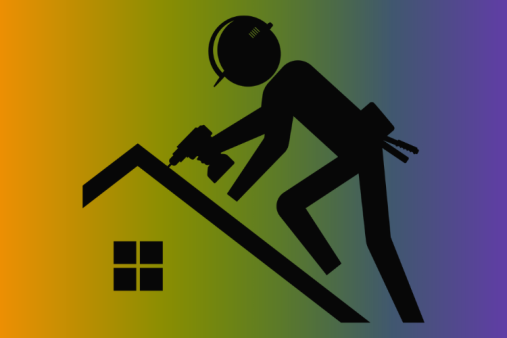Flat Roof Cost
A roof is one of the most important parts of your home. Not only can a roof protect your home from the elements, but it also helps keep your home warm and safe. Although flat roofs are still more common on commercial buildings, they have become an increasingly popular choice for homes, garages and extensions.
If you’re thinking of installing a flat roof, there are a few things to consider: the choice of roofing material, installation costs, and the pros and cons of flat-roofing. This guide gives you a full breakdown of everything you need to know about installing a flat roof (as of 2025).
How much does it cost to install a flat roof?
Many factors impact the total cost of a flat roof installation: size, materials, removal of an existing roof, access, insulation, region. But here are up-to-date ballparks for the UK (2025):
- Typical complete flat-roof replacement: ≈ £2,800 to £7,500 for a standard domestic flat roof.
- Cost per square metre: typically £70 to £150/m² including materials + labour.
- Alternative guidance for new installation: some sources suggest from ~ £40 to £100/m² depending on simplicity, material type.
Updated table of average costs for typical buildings:
|
|
|
|
|
|
|
|
|
|
|
|
|
|
|
|
|
|
*Numbers are approximate, vary by region (London/South East higher), access, insulation, scaffolding etc.
Labour Costs and Timescales
When installing (or replacing) a flat roof, using professional roofers is very strongly recommended for safety, regulation compliance and longevity. Labour is a significant portion of the total cost.
- Typical labour rates: around £200-£300 per day for a flat roof job (some sources quote up to ~£250-£350/day in London/South East).
- Duration:
- For smaller jobs (porch, dormer) ~ 1-2 days.
- For garages/extensions maybe ~ 2-3 days.
- For full house flat roof replacement maybe ~ 3-5 days depending on size, structure.
- For smaller jobs (porch, dormer) ~ 1-2 days.
- Important note: always check in the quote whether labour, scaffolding, waste removal and VAT are included.
Additional Cost Factors
Here are the key things that affect how much you’ll pay:
- Material type: Different materials have significantly different costs (see next section).
- Size of roof: Larger roofs cost more in total, but cost per m² tends to drop marginally for larger jobs.
- Location: London and the South East typically attract higher labour/material costs than northern or rural areas.
- Accessibility & scaffolding: If the roof is hard to access or scaffolding is needed, expect extra cost. Some quotes mention scaffolding hire costing £800–£1,200+.
- Removal of old roof: If you’re replacing an existing flat roof rather than installing fresh, removal, disposal and structural work can add cost.
- Insulation & building-reg compliance: Modern installs may need improved insulation or ventilation which adds cost upfront but helps long-term.
- Hidden defects: Once the old roof is lifted, there may be structural issues, timber rot, or waterproofing issues which inflate cost. Budget a contingency.
What are the different types of materials used for a flat roof?
Here are some of the common materials and 2025 cost ranges + key pros/cons.
|
|
|
|
|
|
|
|
|
|
|
|
|
|
|
|
|
|
|
|
|
|
|
|
Note: The older material cost values (felt at £40-£70/m² etc) appear low compared to 2025 data (which show higher cost due to labour, regulation, materials). I recommend using the newer ranges above.
Advantages and Disadvantages
Advantages of Flat Roofs
- Easier access for maintenance than steep roofs.
- Quicker and often cheaper to install (than pitched roofs) especially for extensions or outbuildings.
- Their simplicity allows for modern design features (rooflights, solar PV arrays, roof terraces) and lower head-height limitations.
- If well-insulated and waterproofed, they can perform well and save on energy bills.
- Good option for contemporary style homes and extensions.
Disadvantages of Flat Roofs
- Aesthetically, some people prefer pitched roofs—flat roofs may be seen as less traditional.
- Drainage: flat roofs require properly designed falls and drainage; pooling water is a risk if poorly done.
- Lifespan: While modern materials have improved lifespan, some flat roofs may still have shorter life or require more maintenance than high-quality pitched roofs.
- Structure / accessibility: For roof terraces or heavier finishes (green roofs, decking) the underlying structure may need strengthening, adding cost.
- Finish and quality vary widely; low cost = higher risk of maintenance or earlier replacement.
Summary & Tips
- For 2025 UK domestic flat roofs expect £70-£150/m² for standard materials + labour, with complete jobs often in the £2,800-£7,500 range (but many variables).
- Always ask for itemised quotes covering materials, labour, scaffolding, waste removal, access issues, insulation, and VAT.
- Consider the quality of materials (a “cheap” roof may cost more in maintenance or early replacement).
- If in London/South East or difficult access, the budget should be higher than national averages.
- Ensure your installer holds correct accreditations, offers warranty, and meets building regs for insulation & waterproofing.
- For extensions/outbuildings or non-standard shapes, expect higher cost per m².
- Maintenance matters: keep gutters clear, inspect seams and drains—flat roofs tend to need more vigilance.
